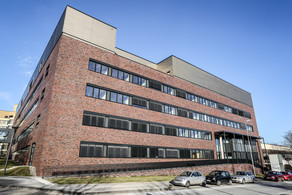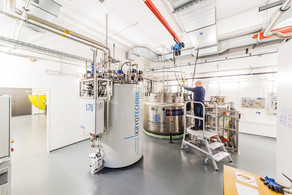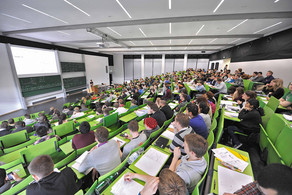Thesis defense of Binodbihari Panda
- Defense
An exciton is a Coulomb-bound complex of an electron in the conduction band and a hole in the valence band, typically existing in semiconductors and insulators. Cuprous oxide, Cu2O, is a semiconductor that hosts highly-excited states of excitons, referred to as Rydberg excitons akin to their atomic counterparts, Rydberg atoms. To date, Rydberg excitons with principal quantum numbers up to n = 30 have been observed.
The primary factor limiting the further extension of the Rydberg exciton series is the presence of charged impurities or defects, which are inherent to most semiconductors and serve as a major source of charge noise. Thus, a pristine sample devoid of such impurities is essential for any applications sensitive to charge noise. This thesis first demonstrates a technique to reduce charged impurities in semiconductors using Rydberg excitons, referred to as purification. Secondly, the dynamics of purification is studied using time-resolved pump-probe spectroscopy. A careful analysis of the intricate relaxation of the signal after the end of the pump pulse uncovers underlying physical mechanisms of the purification process and provides insights into the exciton-impurity interactions. Lastly, a comprehensive study of the interaction dynamics of Rydberg excitons with other carriers, such as other excitons, electron-hole plasma and impurities, is performed under several excitation scenarios.









